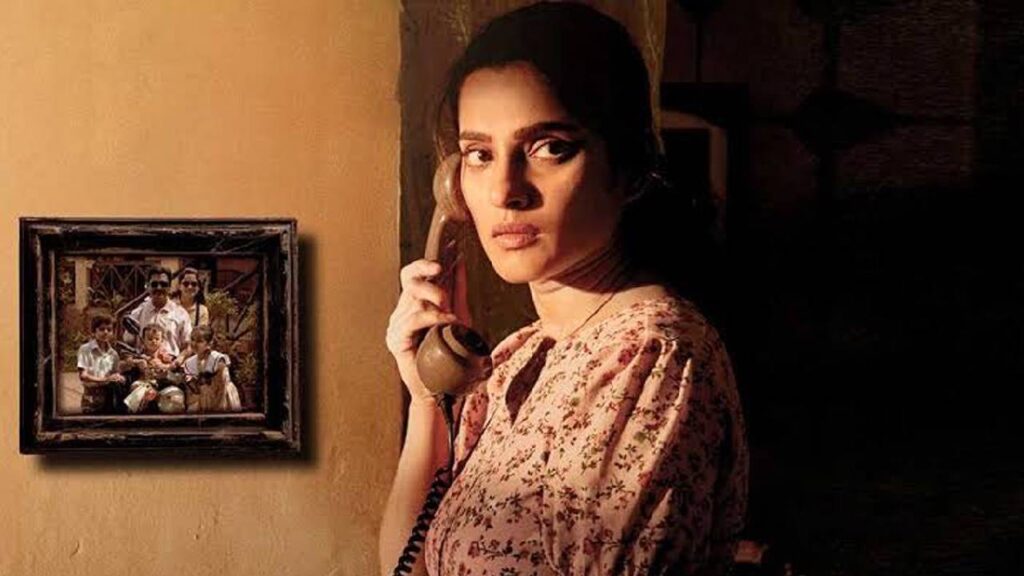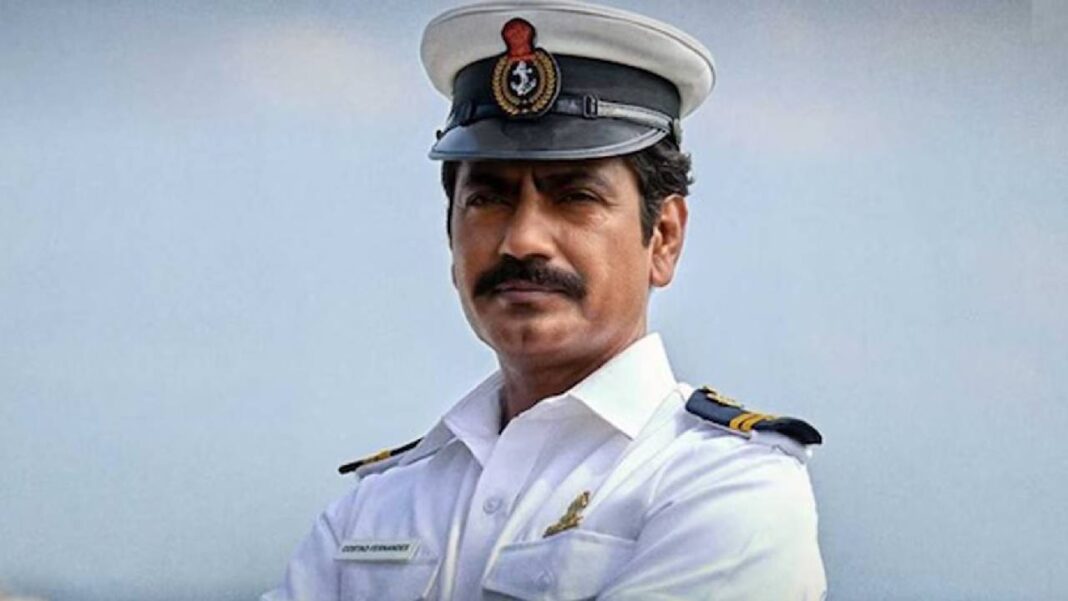Tejal Sinha
tejal.sinha30@gmail.com
Plot
Set in the politically turbulent landscape of 1990s Goa, Costao follows the gripping real-life journey of Costao Fernandes (Nawazuddin Siddiqui), a principled customs officer committed to uprooting gold smuggling in the region. At the center of his investigation is a powerful and cunning politician-socialite, D’Mello (Kishore Kumar G), who manipulates both the political system and criminal underworld for personal gain. As Costao digs deeper, he finds himself ensnared in a conspiracy that turns his world upside down. Despite his unwavering honesty, he is forced to flee after being falsely implicated. While battling to clear his name and uphold the law, Costao must also confront growing resentment at home—particularly from his wife Maria (Priya Bapat), who feels increasingly alienated by his dedication to work. The film traces Costao’s fight for justice as he races against time and power structures that seem intent on silencing him.
Highlights
Costao offers several moments that leave an impact. The setting of Goa is more than just a backdrop—it’s an atmospheric presence that adds texture to the story. Rafey Mahmood’s cinematography captures both the sunlit beauty and the darker undercurrents of the state. One of the emotional high points of the film comes through the tender bond between Costao and his daughter Marissa, played by the talented Asmi Deo. These moments of father-daughter intimacy provide warmth in an otherwise intense narrative and anchor the protagonist’s emotional core. Another notable highlight is the physical transformation of Nawazuddin Siddiqui—particularly evident in an extended foot chase sequence where his dedication to embodying Costao’s stamina and urgency truly shines.
Drawbacks
The film’s primary weakness lies in its execution. The pacing is inconsistent—what begins with crisp storytelling eventually succumbs to sluggishness. A sharper edit could have significantly improved the narrative’s momentum, especially in the second hour. Additionally, the writing fails to delve deeper into the moral complexity of its characters. D’Mello, as the main antagonist, is painted with broad strokes; his menace is implied rather than demonstrated. Kishore Kumar G is not given enough material to elevate his role beyond a cardboard villain. Moreover, some potentially powerful scenes—such as Costao’s internal conflict or the family’s breakdown—are glossed over or emotionally undercooked. These missed opportunities rob the film of the layered depth it could have achieved.
Technical Aspects
At its core, Costao is a story about resilience and moral conflict, but its storytelling never fully capitalizes on the tension embedded in its premise. Director Sejal Shah sets up the stakes effectively in the first half, introducing Costao’s dual life—publicly revered but privately strained. The screenplay by Bhavesh Mandalia and Meghna Srivastava initially shows promise, gradually immersing the viewer in the web of deceit that threatens to destroy the protagonist. Unfortunately, that grip slackens considerably in the second half. While the narrative builds intrigue with the tip-off about a 1500 kg gold smuggling operation, the aftermath plays out in a repetitive, stretched manner that diminishes the urgency. The dialogues are thoughtful in patches, particularly during confrontations and introspective moments, but the overall structure lacks tightness, resulting in a film that wavers between biographical realism and conventional crime drama tropes.
Rafey Mahmood’s cinematography is a clear standout, capturing not just the picturesque beauty of Goa, but also its gritty underbelly with a balanced lens. Unnikrishnan Payoor Parameswaran’s editing, however, leaves much to be desired—certain sequences feel drawn out and repetitive, which affects the pacing. The film runs for 2 hours and 5 minutes, but the narrative drag makes it feel longer.
Performances
Performance is the one department where Costao truly excels. Nawazuddin Siddiqui once again proves why he remains one of India’s most versatile and committed actors. He slips seamlessly into the skin of Costao Fernandes, portraying a man of integrity with remarkable restraint and gravitas. His portrayal balances strength and vulnerability, particularly during scenes where he confronts betrayal or injustice. The effort he has invested—whether in physical training for action sequences or emotional depth—is evident and elevates the entire film. Priya Bapat delivers a quietly powerful performance as Maria. She communicates her frustration, love, and hurt with great authenticity. One of her most notable scenes, where she confronts Costao over his absence and emotional distance, is handled with admirable restraint and power. Asmi Deo, who plays Marissa, is a revelation. Her innocence, timing, and chemistry with Nawazuddin add immense emotional value to the film. Kishore Kumar G, though charismatic, is underused. His role as D’Mello never quite reaches its potential, leaving a void where a formidable antagonist was needed. Hussain Dalal makes a brief appearance and is effective within the limited screen time.

Verdict
Costao is a film that leans heavily on its lead actor to carry the weight of its story, and Nawazuddin Siddiqui delivers in every frame. However, the film falls short in terms of narrative engagement and emotional payoff. While it sets up an intriguing premise based on real events, the screenplay loses steam midway and the direction doesn’t always maintain the required urgency or emotional intensity. Still, for viewers who appreciate performance-driven cinema and stories of unsung heroes, Costao offers moments of sincerity and reflection. It’s a film that had the potential to be much more than what it eventually delivers.
DIRECTED BY: Sejal Shah
PRODUCED BY: Vinod Bhanushali, Kamlesh Bhanushali, Bhavesh Mandalia, Sejal Shah, Shyam Sunder and Faizuddin Siddiqui
CAST: Nawazuddin Siddiqui, Priya Bapat, Kishore Kumar G, Gagan Dev Riar and Hussain Dalal
WRITTEN BY: Bhavesh Mandalia & Meghna Srivastava
RATING: 3/5




